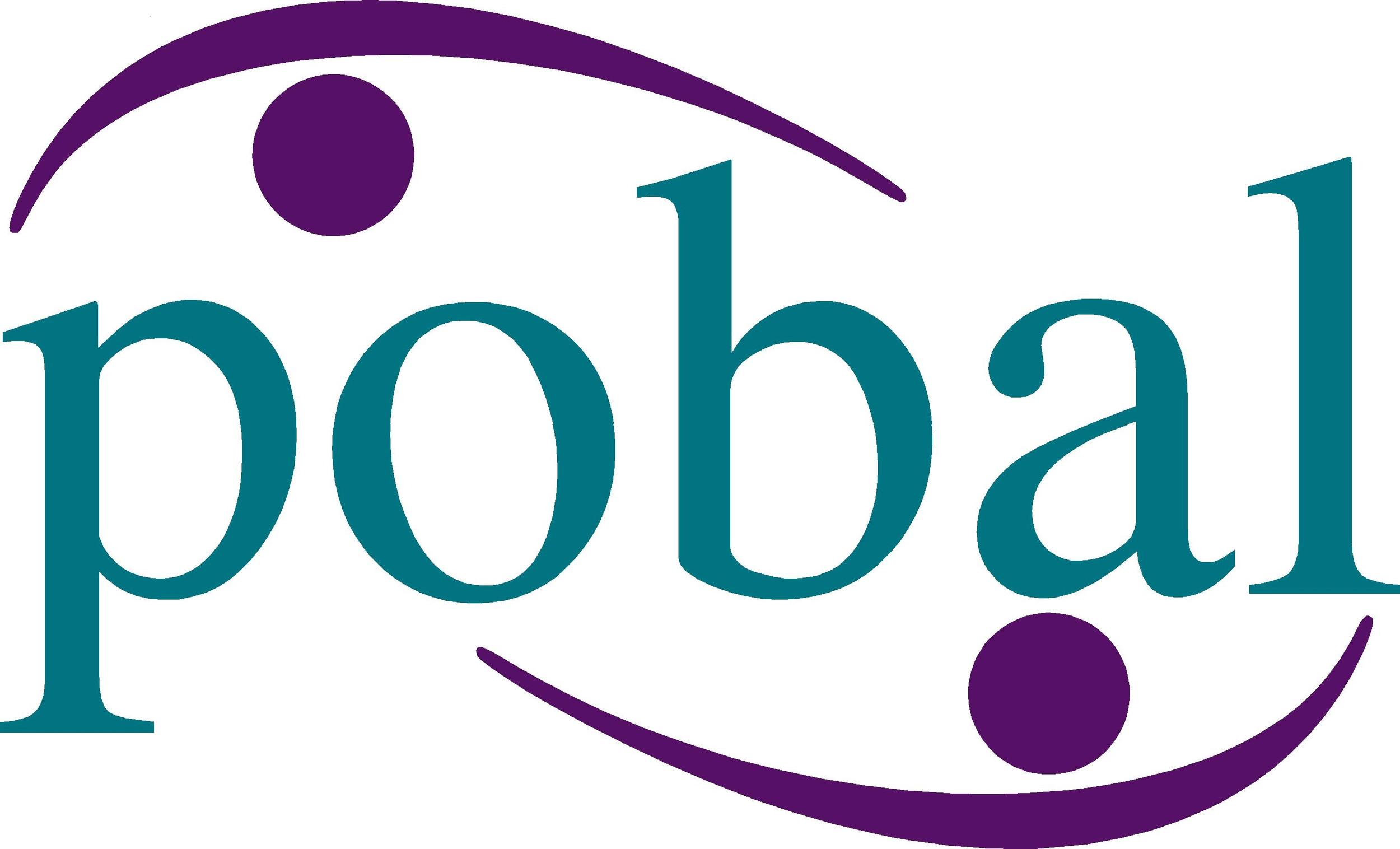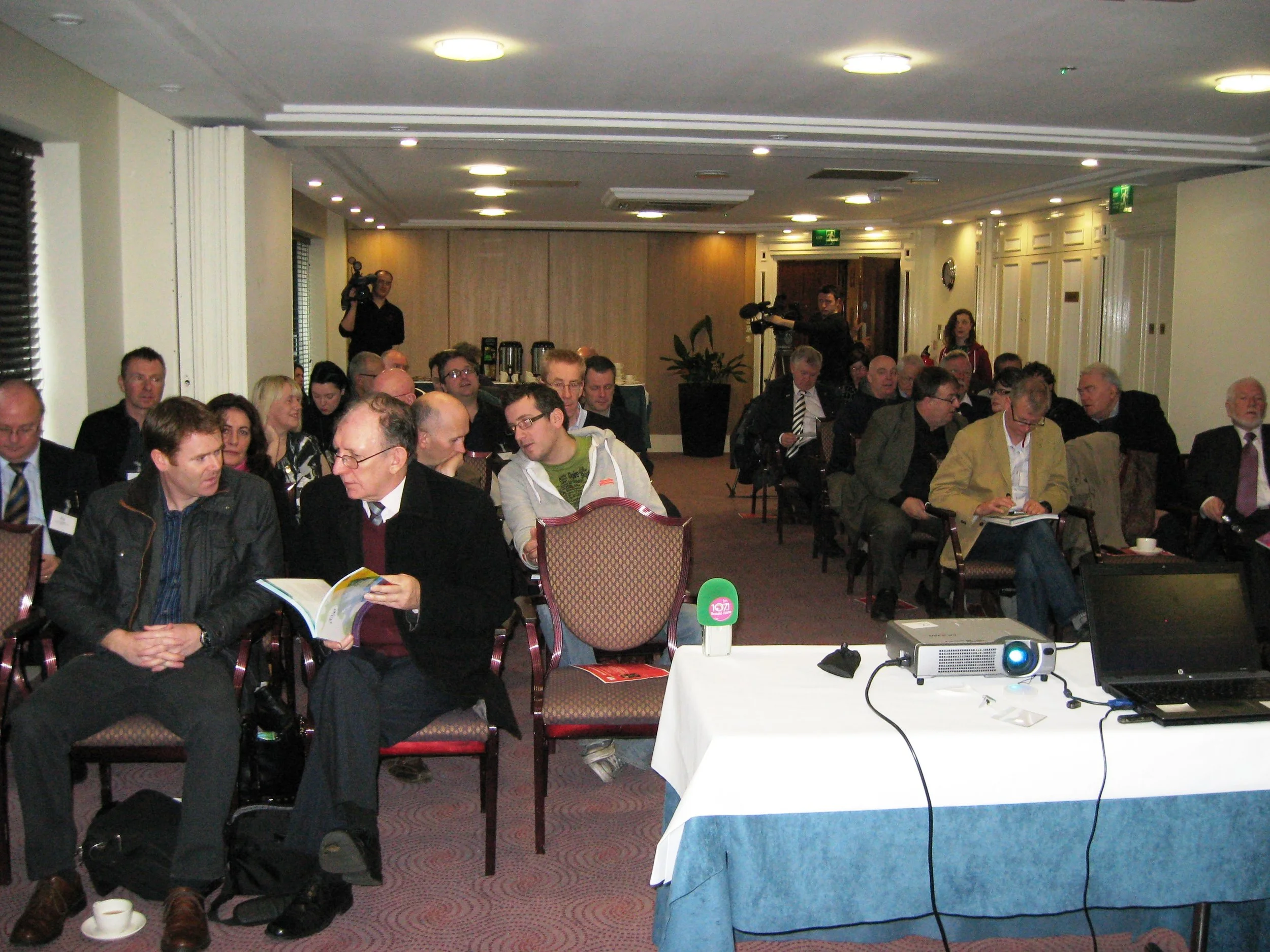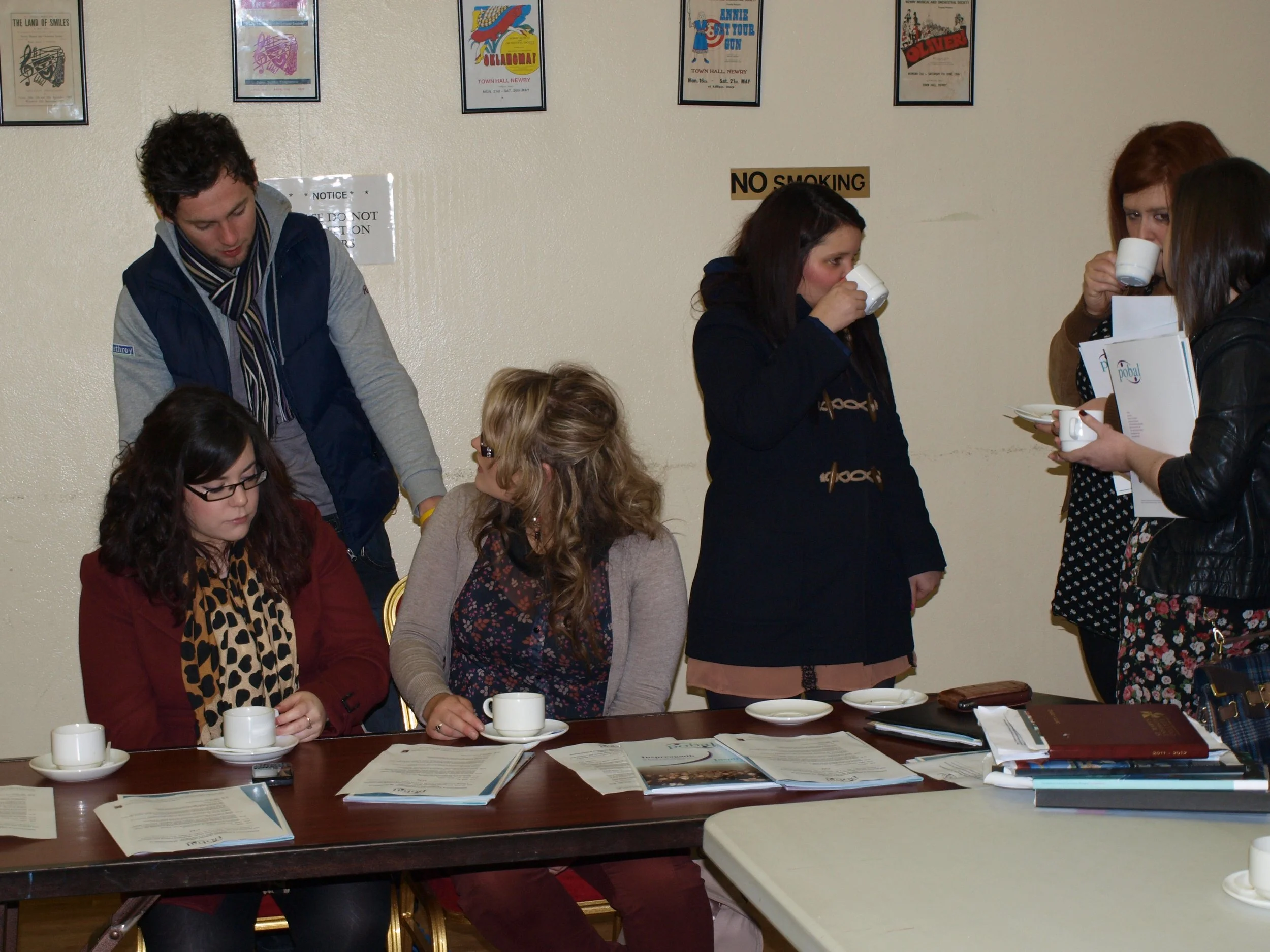
2013 - Cúig Bliana Déag ó Chomhaontú Aoine an Chéasta / Fifteen years from the Good Friday Agreement

2013 - Cúig Bliana Déag ó Chomhaontú Aoine an Chéasta: An Bhfuil na Gealltanais i Leith na Gaeilge á gComhlíonadh? Tuairimí pearsanta ó phobal na Gaeilge / 2013- Fifteen years from the Good Friday Agreement: are the promises made in respect of the Irish language being kept? Personal views from the Irish speaking community
Bunaíodh POBAL i mí Eanáir 1998, le linn do chur is cúiteamh leanúnach na n-athruithe polaitiúla, sóisialta agus eacnamaíochta. Bhí sé mar aidhm againn treoir straitéiseach a sholáthar; abhcóideacht agus tacaíocht fhorbartha a chur ar fáil do réimse grúpaí beaga éagsúla Gaeilge a bhí ag obair ón bhun aníos sa Tuaisceart. Céim stairiúil don Ghaeilge a bhí i gComhaontú Aoine an Chéasta (1998). Don chéad uair riamh, tugadh gealltanais ar leith scríofa i leith na teanga.
Agus Comhaontú Aoine an Chéasta agus Comhaontú Chill Rìmhinn (2006) ag imirt tionchair lárnach ar fhorbairtí san obair POBAL ar son na teanga, ní aon iontas é gur shocraigh an eagraíocht an cúig bliana déag ó síníodh Comhaontú Aoine an Chéasta a shonrú i 2013. Bheartaigh muid foilseachán a chur le chéile mar léarscáil am na huaire, ag bailiú tuairimí pearsanta líon bheag d’eochair imreoirí i réimsí éagsúla oibre ar son na teanga. D’iarr muid ar gach duine acu a c(h)uid smaointe a scríobh ar an cheist seo a leanas, ‘Cúig bliana déag ó Chomhaontú Aoine an Chéasta: an bhfuil na gealltanais i leith na Gaeilge á gcomhlíonadh?’ Mar sin, na tuairimí a léirítear san fhoilseachán, is tuairimí an údair amháin iad, nárbh ionann i gcónaí iad agus tuairimí POBAL. Os rud é go raibh muid ar lorg tuairimí pearsanta cainteoirí Gaeilge, in áit dearcadh na bpáirtithe polaitiúla, dhírigh muid ar phobal na Gaeilge féin, ag cur cuireadh roimh ghníomhaithe teanga, acadúlaigh, thuairisceoirí, mhúinteoirí, thuismitheoirí agus daoine nach iad, agus d’iarr muid orthu ailt dhátheangacha a scríobh. Is fiú a shonrú, b’fhéidir, go raibh leisce ar leith ar na mná a gcuid tuairimí a nochtadh ar pháipéar. Seans go raibh roinnt acu ag iompar ualaigh níos troime – obair, teaghlaigh, páistí – nó b’fhéidir go raibh ciall cheannaithe acu, agus iad den tuairim gurbh fhearr leis an tsochaí seo mná a bheith ina dtost, agus go háirithe má tá Gaeilge acu chomh maith!
Chomh maith leis na hailt, chuir POBAL suirbhé gairid le chéile le cur roimh mhúinteoirí agus mhic léinn, á fhiafraí díobh faoin mhéid atá na gealltanais i leith na Gaeilge san dá chomhaontú, Comhaontú Aoine an Chéasta agus Comhaontú Chill Rimhinn, á gcomhlíonadh, dar leo. San iomlán, bhailigh muid 140 suirbhé le linn chomhdháil aon-lae de chuid Chomhairle na Gaelscolaíochta (15 Márta 2013) agus ó mhic léinn sa chúrsa PGCSE Gaeilge ag Coláiste na hOllscoile Naomh Muire.Tá torthaí an tsuirbhé le feiceáil i gcaibidil sa doiciméad leis seo.
POBAL was established in January 1998 during that continuous push-pull of political, social and economic change. The organisation aimed to provide strategic direction, advocacy and developmental support for the range of small, disparate Irish language groups on the ground in the North. The 1998 Good Friday Agreement represented an historic departure for the Irish language. For the first time in the North, certain written commitments were made in respect of Irish.
Not surprisingly, given the centrality of the Good Friday (1998) and St Andrews’ Agreements (2006) to developments in POBAL's work for the Irish language, POBAL decided to mark the fifteen years since the signing of the Good Friday Agreement. We decided to compile a publication as a snapshot of opinions, collecting together the personal views of a small number of key players engaged in Irish language activity of various kinds. We asked each of them to give their own thoughts on the following question, ‘Fifteen years after the Good Friday Agreement: are the promises made in relation to the Irish language being fulfilled?’ The views you see reproduced in the publication are those of each individual author, and not necessarily those of POBAL. Since we wanted the publication to reflect the personal views of Irish speakers themselves, rather than the views of political parties, we focused on the community, inviting activists, academics, journalists, teachers, parents and others to contribute bilingual articles. It is worth noting that women in particular seemed to have a reluctance to commit opinions to paper. Perhaps some were carrying a heavier burden – work, family, children – or perhaps experience warns them that society still prefers women to be seen and not heard, and Irish speaking women, doubly so!
In addition to the articles, we put together a short survey to collate the views of teachers and students as to the extent to which the commitments to the Irish language and to Irish Medium Education made in the Good Friday Agreement and the St Andrews Agreement have been met. In total, 140 completed surveys were gathered during Comhairle na Gaelscolaíochta’s one-day conference (16 March 2013) and from Irish speaking PGCSE students at St Mary’s University College. The findings of the survey are contained in a separate chapter in the document.





